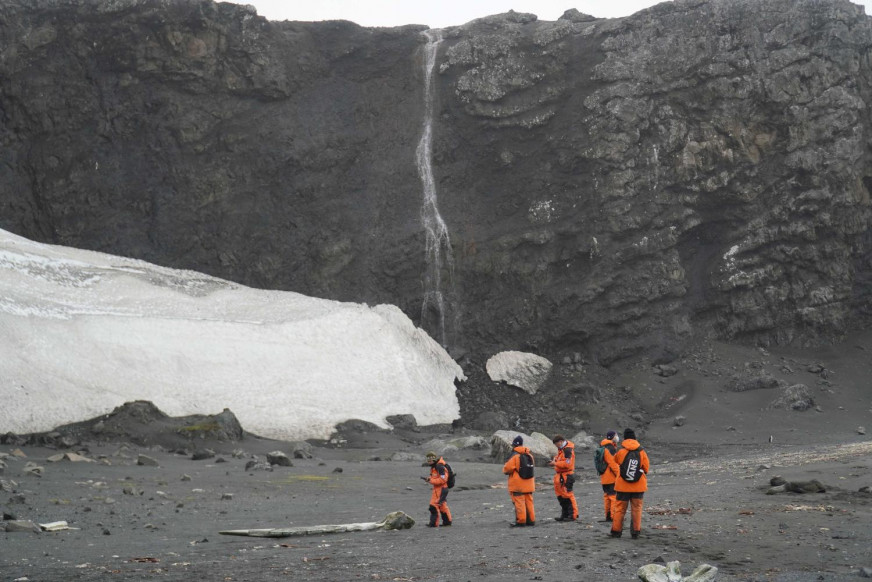Introduction to the Crisis
Background on Antarctic Research
A recent expedition to Antarctica by a Thai research team has revealed significant ice melt, underscoring the profound impact of global warming on the continent. Led by Prof. Suchana Chavanich from Chulalongkorn University, the team observed that ice in many areas had melted more extensively than during their previous visit 11 years ago. This alarming trend aligns with broader concerns about climate change’s accelerating effects on polar regions.
Impact of Climate Change
Mechanisms Behind Ice Melt
The rapid melting is attributed to rising temperatures and changes in wind patterns that bring warmer water closer to the ice sheets. This process not only melts ice from beneath but also exposes more surface area to warmer conditions, leading to further melting. The Thai team’s findings are part of a larger pattern where Antarctic glaciers like Thwaites are experiencing unprecedented vulnerability due to their unique geography.
Research Efforts and Implications
Thai Team’s Contributions and Future Plans
The Thai expedition aims to study marine debris, microplastics, and climate change impacts on marine life. By collecting soil samples and analyzing pollutants in animal droppings, researchers hope to understand how these factors affect local ecosystems. Their work contributes significantly to global efforts in monitoring climate change effects. Additionally, documenting these findings will support educational initiatives marking important anniversaries related to Thailand’s polar research history.
Global Context and Solutions
Comparative Studies and Innovative Solutions
While Antarctica faces severe melting challenges, innovative approaches elsewhere offer hope for preserving polar environments. For instance, experiments in thickening Arctic sea ice have shown promising results using seawater injection techniques. These advancements highlight potential strategies for mitigating some impacts of climate change but also underscore the urgent need for comprehensive solutions addressing root causes like greenhouse gas emissions.
A Call for Action
Future Directions for Climate Research and Policy
As scientists continue uncovering evidence of rapid environmental shifts at both poles, it becomes increasingly clear that coordinated international action is necessary. The Thai Antarctic team’s discoveries serve as a stark reminder of climate change’s far-reaching consequences—emphasizing the importance of sustained research efforts alongside policy reforms aimed at reducing global carbon footprints effectively.








